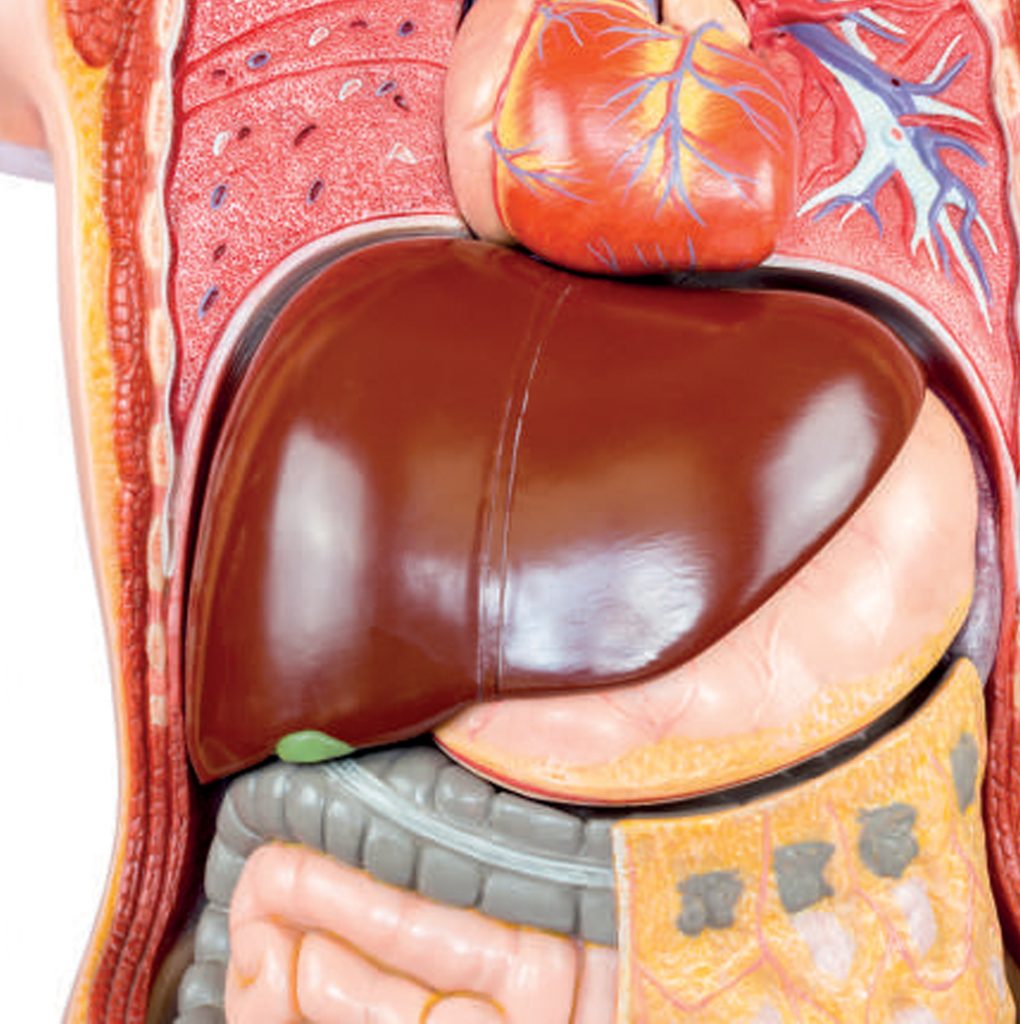Many are aware that hepatitis is a common liver disease – but there are many more forms of liver complications than that.

What is liver disease?
The liver is responsible for detoxification, production of biochemicals necessary for digestion, combating infections, and other essential functions. Without it, the human body would perish within days.
Liver disease is a broad term used to describe any potential problems that may occur in the liver. This may include conditions that destroy liver cells, obstruct the flow of bile that aids fat digestion, and cause high cholesterol or triglycerides levels, which may cause various ailments including cardiovascular disease. Abnormal cells can also lead to liver damage.
How does alcohol affect the liver?
Since alcohol is a toxin, excessive alcohol consumption makes the liver work harder to remove it. The liver’s response to alcohol creates a reaction that can lead to inflammation when the liver tries to regenerate, causing scarring. When the abuse is long-term, cirrhosis, which is advanced stage liver damage, can take place.
Another common form of liver disease is hepatitis, a contagious disease spread by faecal-oral contact when a small amount of the infected faecal matter is ingested. Exchange of body fluids with an infected person can also lead to infection.
Prolonged exposure to drugs or medications could lead to liver disease. Liver cells could be temporarily inflamed or permanently damaged as a side effect of medication or drug abuse. For instance, excessive intake of acetaminophen, such as paracetamol, is often responsible for permanent liver failure.
Symptoms of liver disease
- Nausea
- Vomiting
- Abdominal pain in the right upper quadrant
- Jaundice
- Fatigue and weakness
- Weight loss
However, as liver disease symptoms tend to manifest only when the liver has suffered extensive damage, early diagnosis is important.
Diagnosis
There are three types of tests available to detect liver ailments:
- Blood tests: Used to assess liver function, blood tests can determine live enzyme levels for abnormal values
- Liver biopsy: Tissue from the liver is removed and the cells examined for damage
- Diagnostic imaging such as ultrasound scan: such imaging can provide a clearer understanding of liver issues
Treatment
Patients who are diagnosed with a liver disease must consult a specialist for a specific treatment. Like most medical treatments, there is no “one size fits all” approach. While some forms of liver disease can be controlled or cured by medication, others require surgery or even a transplant.
Liver transplant is the replacement of the diseased liver with a healthy liver, and is usually performed on end-stage liver disease and acute liver failure patients. In successful cases, recipients are able to lead a normal life after the operation.
Prevention
The good news is, the liver has regenerating properties. Even in cases of advanced cirrhosis, abstinence from alcohol and cutting back on an unhealthy diet can improve or even reverse it.
So prevention is always better than cure. It is vital to avoid overconsumption of alcohol – both genders are advised to not exceed 14 units (one unit is equivalent to a standard glass of wine) a week. On the same note, it is important to not overmedicate – always stick to the prescribed amounts.
A good diet is essential to reduce any additional stress on the liver. Deep-fried, fatty, smoked, cured, heavily salted, and seasoned food should be avoided. Additionally, increasing the intake of high-fibre foods such as vegetables and whole grains can keep your liver in a healthy state







